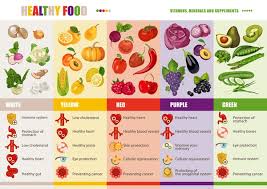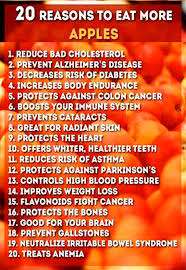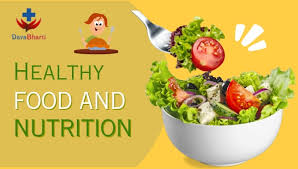In today’s fast-paced world, maintaining a balanced diet is more crucial than ever. Healthy food is not just about weight management; it’s about nourishing your body, boosting your mood, and enhancing your overall well-being. This blog will explore the profound benefits of incorporating nutritious foods into your daily life and offer practical tips for making healthier choices.

What is Healthy Food?
Healthy food encompasses a variety of fruits, vegetables, whole grains, lean proteins, and healthy fats. These foods are rich in essential nutrients like vitamins, minerals, fiber, and antioxidants, which are vital for maintaining a healthy body and mind.

Key elements of a healthy diet include:
- Fruits and Vegetables: Packed with vitamins, minerals, and antioxidants.
- Whole Grains: Provide fiber and help maintain digestive health.
- Lean Proteins: Support muscle growth and repair.
- Healthy Fats: Essential for brain health and energy.
The Benefits of Eating Healthy Food

1. Boosts Energy Levels
Eating a balanced diet provides your body with the fuel it needs to function efficiently. Whole grains, lean proteins, and healthy fats release energy slowly, keeping you energized throughout the day without the crash that comes from sugary snacks.
2. Enhances Mental Clarity and Focus
Your brain requires specific nutrients to function optimally. Omega-3 fatty acids, found in fish like salmon, are known to support cognitive function, while antioxidants in fruits and vegetables protect the brain from oxidative stress. A diet rich in these nutrients can improve memory, concentration, and overall mental performance.
3. Supports Weight Management
Incorporating nutrient-dense foods into your diet can help control hunger and prevent overeating. Foods high in fiber, such as vegetables and whole grains, keep you feeling full longer, reducing the temptation to snack on unhealthy options. This makes it easier to maintain a healthy weight or achieve weight loss goals.
4. Strengthens the Immune System
A well-balanced diet strengthens your immune system, making it easier for your body to fight off illnesses. Vitamins C and E, found in citrus fruits and nuts, are particularly effective in boosting immunity. Additionally, a diet rich in probiotics, such as yogurt, can improve gut health, which plays a crucial role in overall immune function.
5. Improves Mood and Reduces Stress
Certain nutrients in healthy foods can have a profound impact on your mood and stress levels. Foods rich in magnesium, like spinach and avocados, help regulate stress hormones. Meanwhile, complex carbohydrates, such as oats and brown rice, increase serotonin levels in the brain, promoting a sense of well-being and happiness.
6. Promotes Healthy Skin
Your diet significantly impacts your skin’s health. Foods rich in antioxidants, such as berries and green tea, help protect your skin from damage caused by free radicals. Additionally, healthy fats, like those found in avocados and nuts, keep your skin hydrated and glowing.

Practical Tips for Eating Healthy

1. Plan Your Meals
Planning your meals ahead of time can help you make healthier choices and avoid the temptation of fast food. Consider preparing meals that incorporate a variety of colors from different fruits and vegetables to ensure you’re getting a wide range of nutrients.
2. Shop Smart
When grocery shopping, stick to the perimeter of the store where fresh produce, meats, and dairy are usually located. Avoid the aisles filled with processed and packaged foods that are often high in sugar, salt, and unhealthy fats.
3. Stay Hydrated
Drinking plenty of water is essential for your overall health. It aids in digestion, keeps your skin looking fresh, and helps you stay energized throughout the day. Try to replace sugary drinks with water, herbal teas, or fresh fruit-infused water for added flavor.
4. Practice Portion Control
Even healthy foods can contribute to weight gain if eaten in large quantities. Be mindful of portion sizes and try to eat smaller, more frequent meals to keep your metabolism active and prevent overeating.
Conclusion
Incorporating healthy foods into your diet is one of the most impactful choices you can make for your overall well-being. The benefits are far-reaching, from increased energy levels and mental clarity to improved mood and stronger immunity. By making small, consistent changes to your eating habits, you can enjoy a healthier, happier, and more vibrant life.
Remember, eating healthy doesn’t have to be complicated. Start by making simple swaps, like choosing whole grains over refined grains, and adding more fruits and vegetables to your meals. Over time, these small changes will add up, leading to a healthier you.

No responses yet